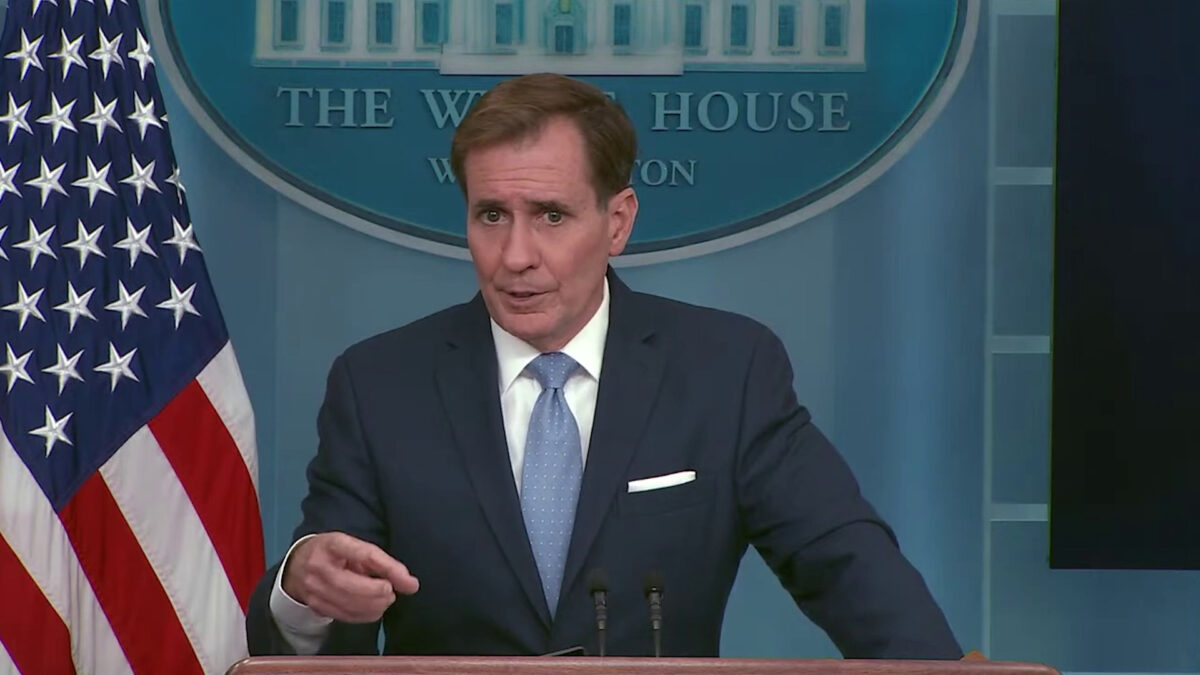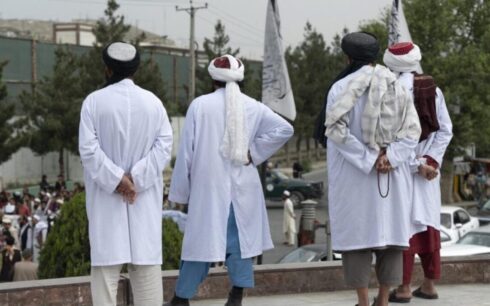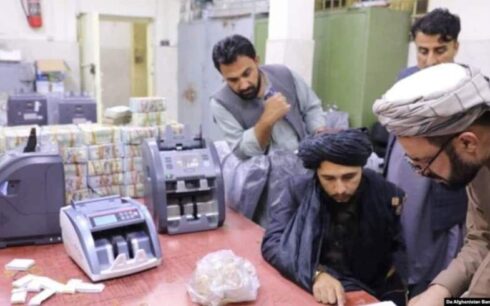John Kirby, US National Security Council spokesman, said if the Taliban wants to earn legitimacy, “then they need to meet their commitments”.
In response to a question about House Foreign Affairs Committee chairman Michael McCaul’s criticism of the White House’s attempts to “normalize ties with the Taliban”, Kirby said “it’s just hard to look at what we’re doing and say that we’re normalizing anything with the Taliban.
“We’ve not recognized them as a governing power in Afghanistan,” Kirby said. “They want that. They want legitimacy. Then they need to meet their commitments.”
The Taliban regained control of the country just over two years ago but no country has yet officially recognized the de facto authorities as the legitimate government – including countries that have close ties with the Taliban.
Barnsa Salehi, an international relations’ analyst, said that the US has a good understanding of the Taliban and that it will always pursue its own interests.
“The Americans know the Taliban and they know it better now. They don’t consider how they can bring in the Taliban in the short term. When their [US] interests matter, they will adjust to the Taliban or other groups through any method,” he said.
Kirby also vowed that the US would hold the Taliban accountable for their actions.
“I mean, how can you effectively govern — how can you effectively have a useful economy when basically half your workforce — all women — are not — are prohibited from being a part of that process?,” he said.
After the Taliban came to power, women’s rights activists, watchdogs and other supporting organizations repeatedly raised their voices against any form of recognition of the regime.
They also criticized the absence of women representatives in regional and international meetings on Afghanistan.
Within the past two years, the Taliban have imposed dozens of repressive restrictions on women including their access to education, work, parks, cinemas, entertainment areas and free movement in public areas.
Speaking to a meeting on the situation of women in Afghanistan, which took place on the sidelines of the UN General Assembly in New York last month, the UN special rapporteur for Afghanistan, Richard Bennett, said that recognition and normalization of the Taliban is women’s biggest fear.
Kristina Azizi, a women’s rights activist, suggested that the legitimate wishes of the people, particularly women, should be prioritized.
“In the current situation, what is very important is the wishes of the people of Afghanistan, especially women. The women have been deprived of work and education. But unfortunately, some of the countries are trying to normalize their [relations] with the Taliban,” she said.
The international community including Muslim countries have also repeatedly called on the Taliban to reconsider their oppressive restrictions on women. But so far there has not been any change in the regime’s policies.





